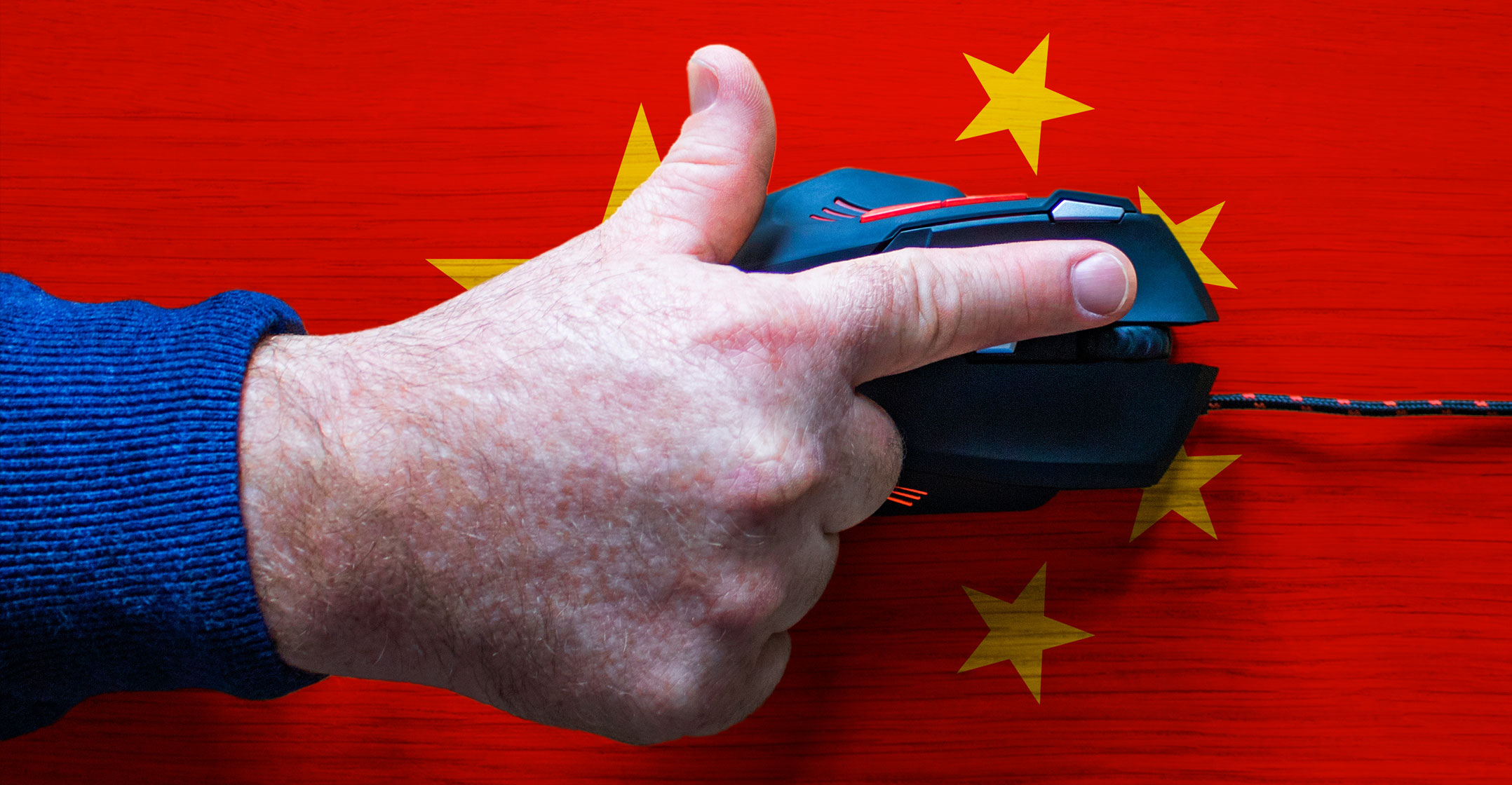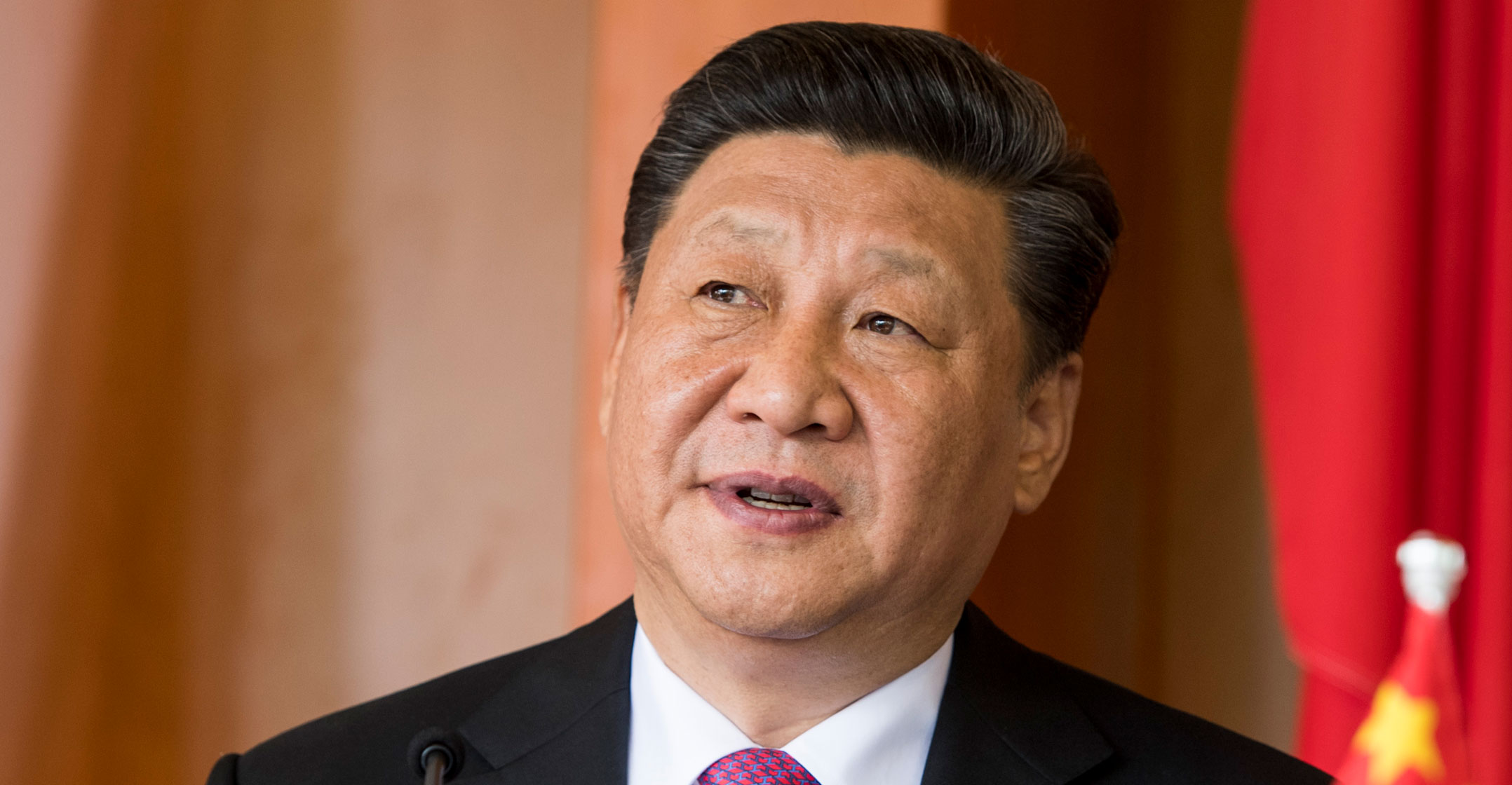 Even a US$1.5-trillion selloff may not provide an attractive entry point for equity investors as they grapple with cascading risks in China’s technology sector.
Even a US$1.5-trillion selloff may not provide an attractive entry point for equity investors as they grapple with cascading risks in China’s technology sector.
A stock rout triggered by Beijing’s widening clampdown has left Tencent Holdings trading at a price-to-book ratio lower than during the 2008 financial crisis. Alibaba Group has slumped to record low in Hong Kong, where the benchmark stock index fell into a bear market this week. Despite such rapidly diminishing valuations, the pace of fund outflows suggest few buy signals are flashing.
“I don’t think it will end very soon,” said Alex Au, MD at Alphalex Capital Management. He sold all of his Chinese technology holdings last month and in the past one to two weeks has built up short positions in stocks he once favoured. “Investors need to reassess the rationale and the risk of investing in China.”
Tencent this week warned investors to brace for more regulatory curbs on China’s tech sector. Those such as Au regard the tech sector as being the most vulnerable amid a sweeping crackdown that has upended industries from education and online commerce to car-sharing.
Since a February peak, the four companies that have lost the most market value globally are all Chinese technology firms: Tencent, Alibaba, Kuaishou Technology and Meituan have seen more than $1-trillion wiped out combined. The Hang Seng Tech Index, which tracks the biggest technology companies in China, has lost more than 40% in that time. Its members saw about $1.5-trillion of value evaporate.
Widening crackdown
How far President Xi Jinping’s widening crackdown will go in reshaping some of the nation’s biggest companies, and where opportunities can be found, are key questions for investors learning to reposition into a new normal.
Given the current state of regulatory uncertainty, it’s difficult to say that tech stocks are currently cheap, said Sean Taylor, Asia-Pacific chief investment officer and head of emerging market equities at DWS. “If earnings keep getting downgraded, it’s still expensive,” at current levels, he said. “We don’t know where the bottom is.”
Mainland investors, who were big buyers of tech shares when foreign traders sold in February and March, have turned into net sellers of Tencent since June.

Buying signals will only emerge when there is policy clarity from the government, said Li Weiqing, a Shenzhen-based fund manager at JH Investment Management. He said that he sold his holdings in Internet firms in the fourth quarter last year and “plans to observe things from a distance” for the time being.
A tougher policy environment has forced firms to slow expansion plans, while anti-monopoly enforcement exposes them to greater competition. Alibaba’s revenue missed estimates for the first time in two years as growth slowed everywhere from its cloud to e-commerce divisions.
Tencent reported its slowest pace of quarterly revenue growth since early 2019 and warned of more regulatory curbs to come. It is also doubling to $15-billion the amount of money it’s setting aside for social responsibility programmes, marking one of the largest philanthropic efforts by China’s Internet giants as regulatory scrutiny intensifies.
Investors need clarity both in terms of how far regulators will pursue companies, and also in terms of how companies will respond, said Tai Hui, chief Asia market strategist at JPMorgan Asset Management. “Current valuations may not be fully reflective of what’s to come,” he said.
Some see an inflection point on the horizon as the recent tech selloff was so drastic.
“When you take apart the sum of the parts and you find that some of these companies are trading significantly below the core business and a lot of ancillary parts of the businesses, whether its payments or the cloud businesses that you’re getting for free, the valuations are very compelling,” said Louis Lau, director of investments at Brandes Investment Partners. “Five years from now, I think this will prove to be one of the best buying opportunities.” — Reported by Jeanny Yu and Ishika Mookerjee, (c) 2021 Bloomberg LP




